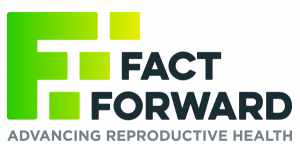Training
Child Abuse: Recognizing Signs & Intervening
Participants will gain knowledge and develop skills required to recognize signs that a child might be a victim of abuse or neglect. Participants will learn two ways to use mandated reporting as an intervention.
This training is designed for:
- Educators
- Teachers
- Substitute Teachers
- Counselors
- Coaches
- Parents
- Clergy
- Community Workers
- Healthcare Providers
- Healthcare Staff
- Clinicians
In person Online
Cost - $0.00 -$2500.00, depending on location of participating organization. Please contact us at contact@teenhealthms.org for more information.
Age Group(s) - Grades 6-8, Grades 9-10, Grades 11-12
Topic(s) - Consent and interpersonal and sexual violence
State(s) - Alabama, Alaska, Arizona, Arkansas, California, Colorado, Connecticut, Delaware, Florida, Georgia, Hawaii, Idaho, Illinois, Indiana, Iowa, Kansas, Kentucky, Louisiana, Maine, Maryland, Massachusetts, Michigan, Minnesota, Mississippi, Missouri, Montana, Nebraska, Nevada, New Hampshire, New Jersey, New Mexico, New York, North Carolina, North Dakota, Ohio, Oklahoma, Oregon, Pennsylvania, Rhode Island, South Carolina, South Dakota, Tennessee, Texas, Utah, Vermont, Virginia, Washington, West Virginia, Wisconsin, Wyoming
Professional Learning Standards for Sex Education (PLSSE) Indicators
Consent, Interpersonal and Sexual Violence Indicators - Indicator 4 (K-12): Identify three youth-friendly resources to assist survivors of sexual assault, abuse, incest, or domestic violence.
- Indicator 7 (K-12): Explain the impact of childhood trauma on the decision-making and sexual health of students.




